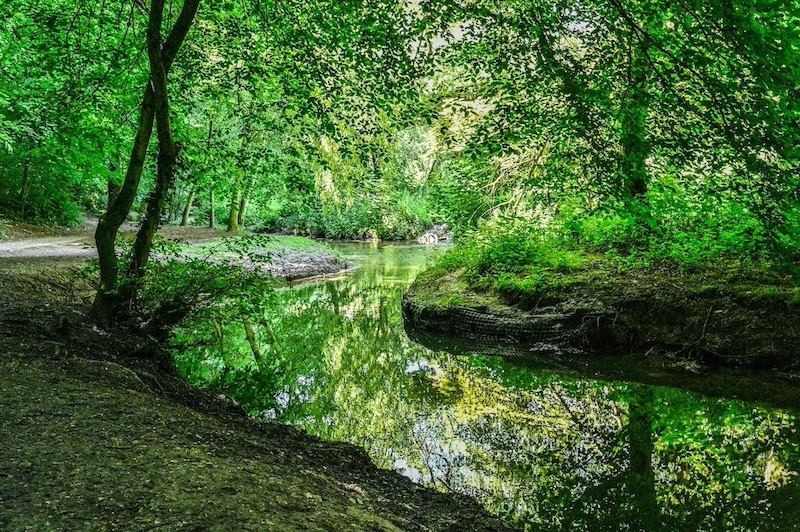Sad but true, overall in the world summer 2020 is being labelled as ‘very difficult’. Since Italy (my country), experienced a high number of deaths due to Coronavirus and two months lockdown, collective perception of vacation drastically changed. As summer approached, the mood in the country ‘let’s go on vacation!’ switched to ‘wait a minute: there is Coronavirus out there!’ People knew it would not have been easy to travel around.
Still, I decided to go against the current and travel to Kos, Greece. A small priced direct flight, a still unknown island and the need of vacation after the pandemic. In order to travel safely, I was required to fill a form 48 hours before leaving with personal information, the place of departure and the address in Greece. After this step, a QR code was generated by email. Once in Kos’ airport, passengers’ codes were scanned, and random swabs applied. In the worst-case scenario, mandatory quarantine would have been necessary for people with positive tests.

In Kos no cases were reported. Still, local restaurants and B&B were ready to welcome tourists with all the protections required in public spaces: masks, sanitizing gel and 1-meter distance. As of 26 July 2020, coronavirus infection cases in Greece have risen to 4,193, while 202 people have died (source: Italian Embassy in Athens). Greek islands reopened on July 1st and I arrived three days later, having the chance to experience ‘a new start’, enjoying an unexpected lack of tourists which brought Kos’ wild nature and typical Mediterranean beaches to be more gorgeous than ever.
In Kefalos, a village in the south of Kos where I was based, many restaurant doors were locked and from the windows only piled up tables and unused rockery could be seen. Some B&B owners and many restaurants decided not to open, they must have concluded that 2020 summer was already lost (it usually starts in May). I found a slightly different situation in Kos Town, the capital where restaurants and small shops were open, waiting for visitors.
Nevertheless, it felt surreal walking in an almost desert Kos Town, chased only by cats between empty tables stored outside those restaurants that were crowded during past seasons. Everything was ready to welcome and cherish people with the best attitude Greek people are famous for. Yet the fear won, leaving those wonderful places nearly empty, but – I must admit it – giving to Kos’ streets a unique atmosphere.
Unlike Kefalos, some local owners – especially in Kos Town – decided to bet on summer 2020. They were expecting much more visitors also from Turkey, which during those days still had closed borders. Tourism, after agriculture, is one of the crucial sources for Kos’ economy; therefore, all islanders are looking forward to it. They do their best to prepare their tourist offer which is well sorted: small cruises to other small islands of the archipelago, trips to see wonderful sunsets in mountain villages, historical tours to discover the different dominations of the island and its historical heritage.

The 2020’s fear of travelling made Kos an exceptional place in many ways, travel-wise. The few tourists became ‘special guests’ on the island and they had the unique opportunity to reconnect with nature and enjoy the wildness of the place. They could enjoy the island in its beautiful beaches and breathtaking landscapes, without standing in a queue for eating or booking sunbeds. I would recommend Kos as a place to travel, its wonderful landscapes and its welcoming islanders. Not to mention the excellent fish and the healthy food, always at the core of the Greek diet. Some experiences travelers cannot miss are as follows: enjoying the sunset view in Zia while drinking Kanelada (Cinnamon typical drink); taking a small cruise to the other islands and Bodrum in Turkey (not applicable this year due to Covid); exploring Mountain Dikeon’s wild nature while familiarizing with its inhabitants (goats); swimming to Kastri, a small island in front of Agios Stefanos beach and ringing the bell of the white and blue church; finally, resting under the Plane tree of Hippocrates, considered to be the greatest physician of antiquity.













